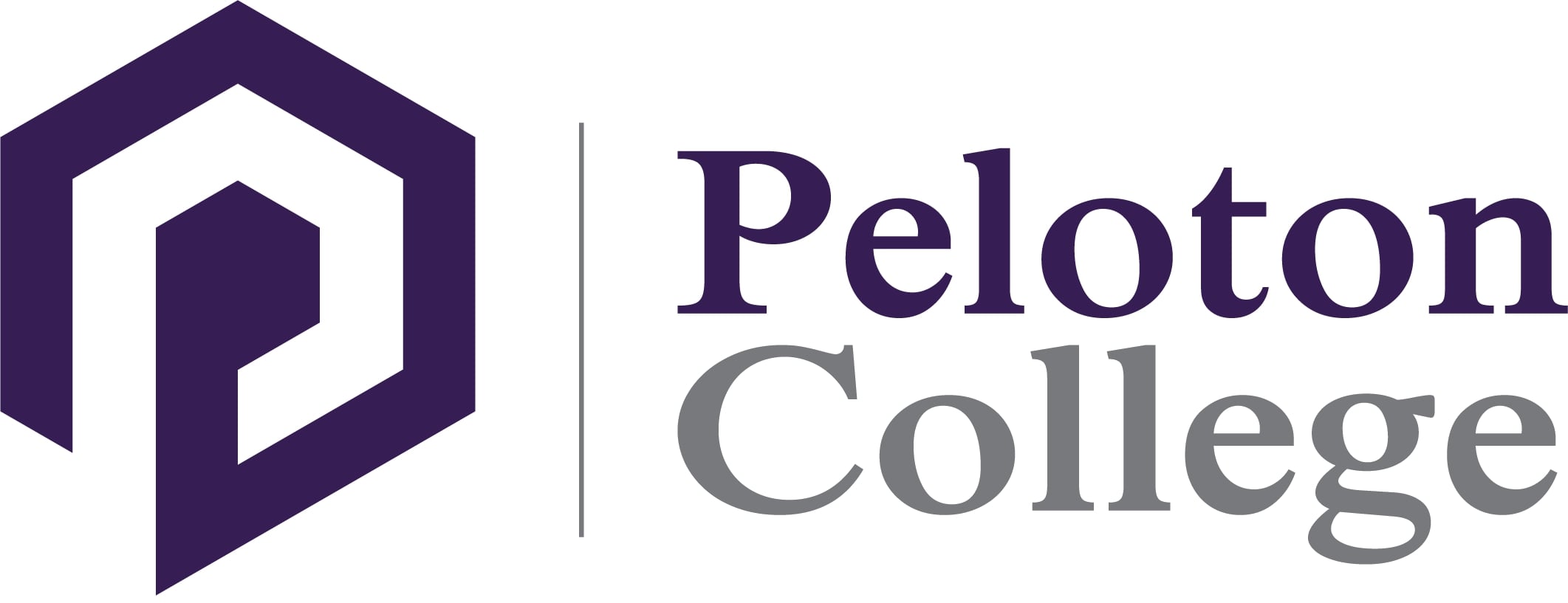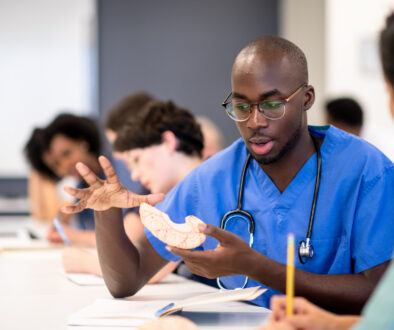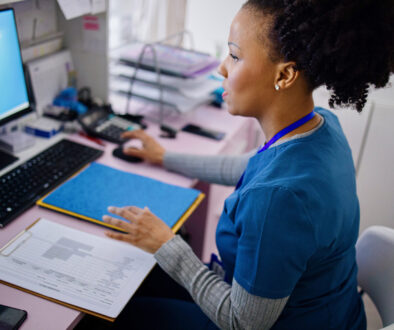What are the Roles and Duties of a Medical Assistant?

Are you interested in becoming a medical assistant but not sure what their roles and duties include? A medical assistant has a responsibility to their patients, and they have many duties to creating the best health outcomes for their patients. This can be very rewarding, working as a key element of a patient’s good health and well-being. The medical assistant acts as a liaison between the doctor and patient, primarily helping the practice run smoothly.
What are the Roles and Duties of a Medical Assistant?
A medical assistant has many roles and duties that they are responsible for when working in a medical facility. From scheduling appointments to taking vital signs and everything in between, a medical assistant is the liaison between the patient and medical staff. They are the backbone of any medical facility and have many important duties.
Triaging Phone Calls
A medical assistant will help medical staff at a doctor’s office triage phone calls. Since the medical assistant is privy to how long procedures take and what equipment is needed for each appointment, they are the best person to prioritize patient phone calls. They can identify the difference between an emergency and non-emergency situation. The medical assistant also knows which person in the medical office is best suited to respond to a phone call, if they are unable to help.
Scheduling
A medical assistant will help schedule patient appointments, helping to optimize the time of doctors and nurses. It can be a balancing act to not leave time on the doctor’s schedule while also not letting patients wait too long for their appointment. Nothing is worse than sitting in the exam room and waiting forever for the doctor to enter. The medical assistant will take care of all the preliminary aspects of the appointment so that the doctor can come in and focus on the patient.
Greeting and Rooming Patients
A medical assistant can be the first person any patient will see when they enter a medical facility. They are ready to greet patients and escort them to the exam room. Along the way, the medical assistant will identify any issues they may see while conversating with the patient and walking them to the exam room.
Taking Vital Signs
Taking vital signs is one the medical assistants most important duties. It is not only to identify a situation or problem at the current visit, but it is important to understand the trend throughout the years as the patient comes for check-ups. The vital signs a medical assistant will take at every visit will tell a story about the patient to the doctor. These vital signs include temperature, weight, respiratory rate, heart rate and blood pressure. Each vital sign can offer a glimpse into the patient’s body and help the doctor put the puzzle pieces together to build a better diagnosis and treatment.
Reviewing Health History
At every visit, it is important for the medical assistant to review the patient’s health history, allergies, and current medications. Any change in the health history should be noted, especially a change in medication for contraindicators that may compromise the patient’s health. The medical assistant may also review a questionnaire that focuses on activities that the patient may experience, including alcohol and tobacco consumption.
Diagnostic Testing
During a medical assistant program, medical assistants learn how to administer diagnostic tests. From EKG and halter tests to phlebotomy and specimen collection, the medical assistant can perform many diagnostic tests to assist the doctor when reviewing the patient’s health history. These diagnostic tests can also shed light on issues the patient may be experiencing, for the doctor to better diagnosis and treat the patient.
Drawing Blood
A duty that medical assistants learn is phlebotomy. During a vocational program, they learn how to draw blood for diagnostic tests. Some diseases and disorders, like diabetes can only be identified by drawing blood and analyzing glucose levels. The medical assistant will learn how to draw blood, step-by-step to investigate any concerns the patient or doctor may have.
Assisting with Procedures
A medical assistant should be ready to assist the doctor or nurse with minor procedures. Whether it is suture removal, bandaging a wound or simply passing sterilized tools to the doctor to proceed with minor procedures, the medical assistant must anticipate what will be needed and make sure that they are one step ahead.
Stocking Shelves and Ordering Supplies
It is too late to order supplies when the shelves are empty, and a patient can’t get the medical care they need. Part of the role of a medical assistant is to keep shelves stocked and order the supplies that are needed for the medical facility. Bar codes and software programs make it much easier to keep track of inventory and order new medical supplies from vendors.
Infection Control
A medical facility is a reservoir for bacteria and viruses. Ill patients are coming in and out of the facility throughout the day. The medical assistant is responsible for keeping the waiting room, exam room and any surfaces disinfected properly. They are also responsible for sterilizing medical instruments and using autoclaves to prepare medical instruments for the next patient appointment. They also learn protocols for handling hazardous materials and OSHA guidelines to keep everyone safe.
Billing and Coding
A medical assistant will be responsible for updating patient records and adding notes to charts. This involves the use of medical codes that make it easier for medical professionals to notate supplies used, procedures and equipment. These medical codes include ICD-10, CPT and HCPCS and are taught during a vocational program. Each coding protocol has a unique use case and cuts down on the overall work that a medical assistant will endure while managing patient records.
The medical assistant may also support medical staff with billing and insurance claims. They must be aware of the coding protocols to properly submit insurance claims and receive service reimbursements to keep the medical facility open and offering patients proper medical care.
Managing Referrals
A doctor may refer a patient to a specialist. The medical assistant’s role is to submit a referral to insurance and allow the patient to see the specialist for unique medical care. Long gone are the days of paper files and fax machines, now medical assistants have electronic health records which are a much better way for a network of doctors to manage a patient’s overall health. Files can be transferred instantly, which cuts down on wasted labor.
Office Correspondence
A medical assistant may be responsible for office correspondence, emails, letters, billing, and insurance forms. Most medical assistant programs will focus on basic keyboarding and some of the Microsoft Office software programs like Word to support medical assistants as they craft office correspondence on behalf of the medical facility.
Patient Education
One of the more rewarding duties of a medical assistant is the education of patients. Before a minor procedure or at the beginning of a medical appointment, the medical assistant will educate the patient on the procedure or treatment that the patient will encounter. Medical assistants will also help educate patients on proper nutrition, preventative care and post-opt care. Good communication skills facilitate the medical assistant’s ability to educate patients and use empathy to show compassion during the conversation.
Final Thoughts
Now that you know the roles and duties of a medical assistant, it is time to learn more about Peloton College’s medical assistant program. The first step of any journey is always the hardest, and we will be with you every step of the way on your journey to becoming a medical assistant. Start the journey today and start earning tomorrow.
Want to Learn More?
The objective of this Medical Assistant training program at Peloton College is to prepare the student for employment as an entry-level Medical Assistant performing administrative, clerical, and clinical duties within the health care field.
The mission of Peloton College is to be the premier provider of hands-on training and education by providing students and graduates with the necessary skills to secure occupational careers. Contact us today to learn more.



